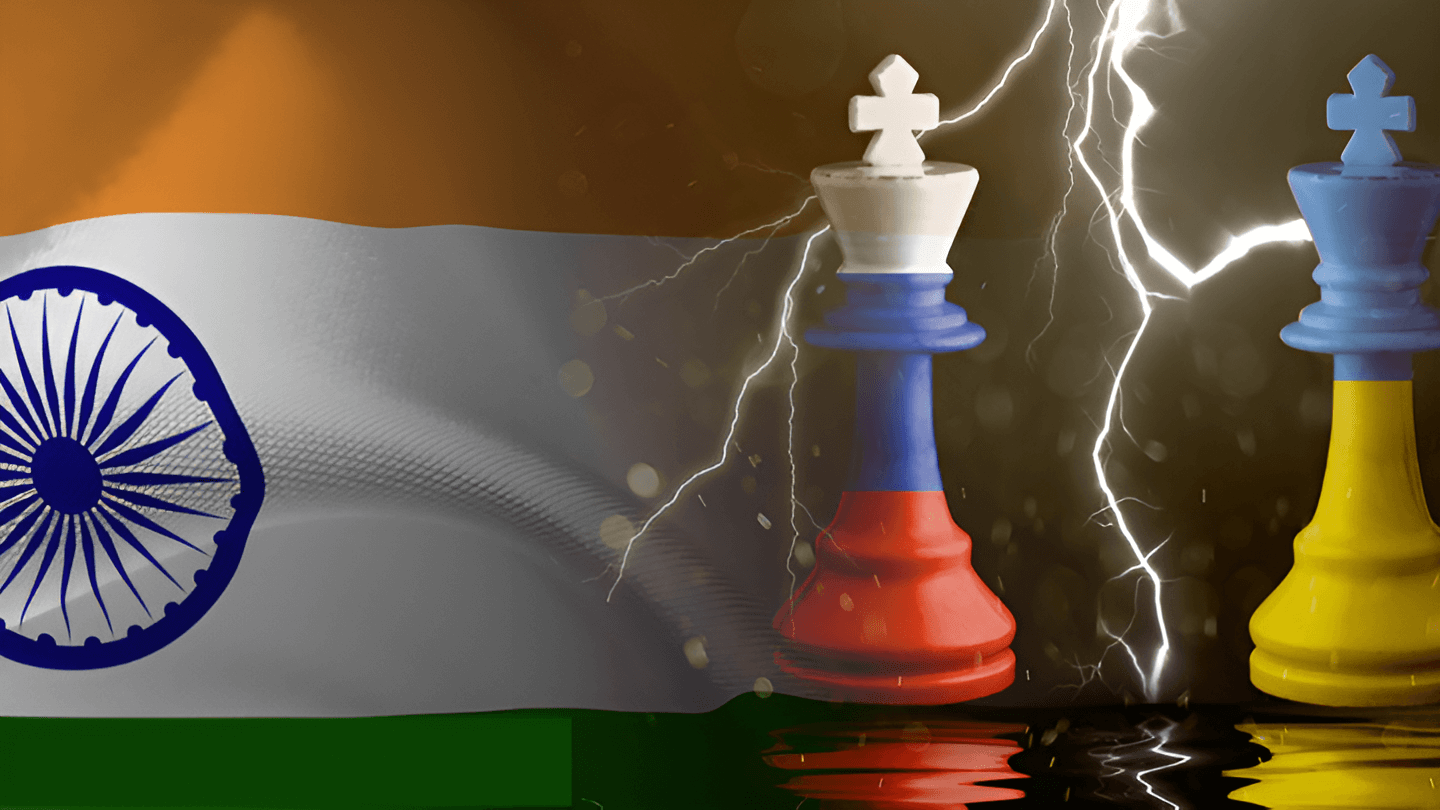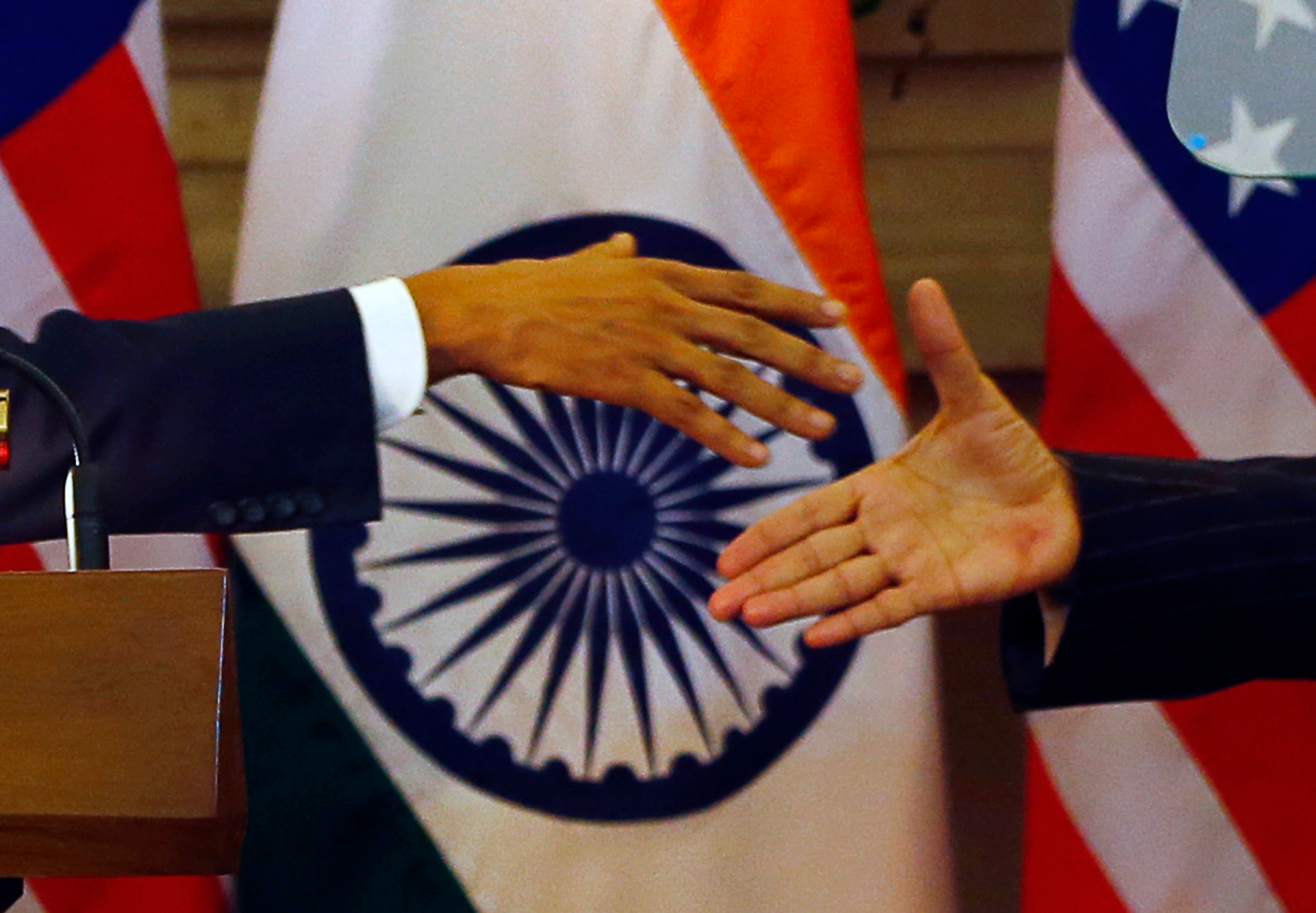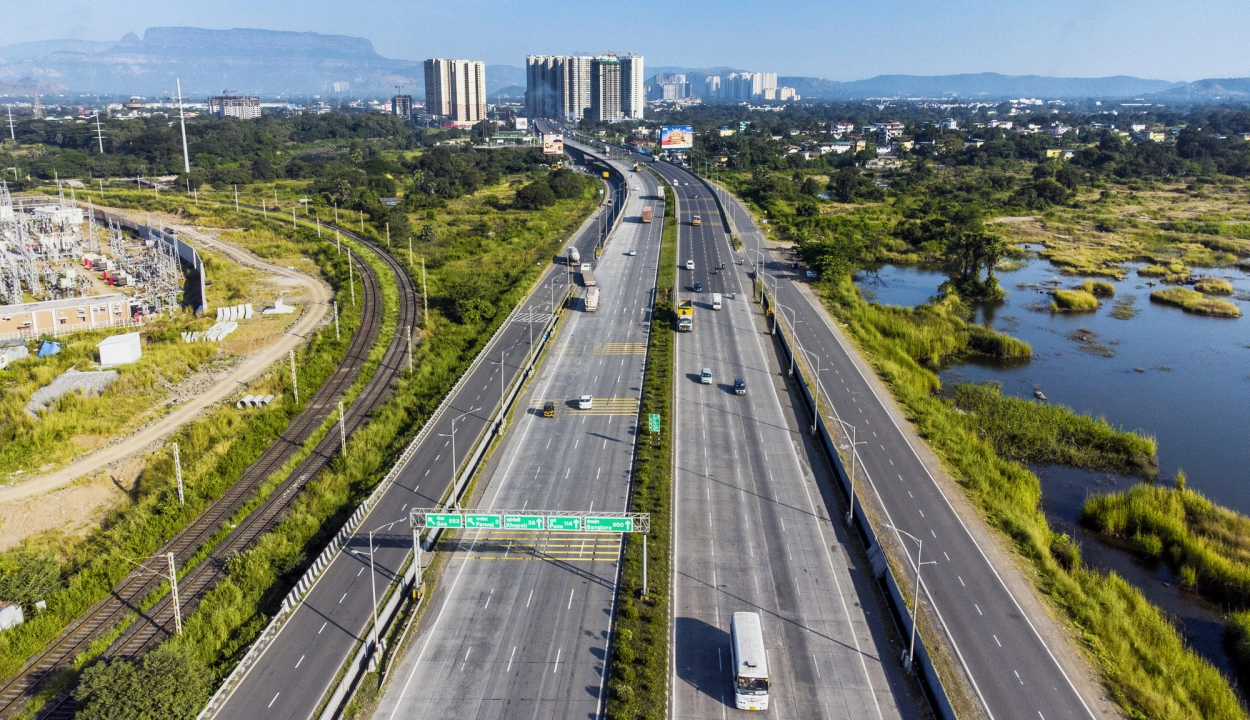Within the turbulent terrain of the modern world, an odd and concerning confluence is emerging. Once wide and tranquil, the oceans are today conduits for three evil forces: terrorists, migrants, and narcotics. Seas have become tumultuous arenas due to this unholy union, resulting in an unparalleled global crisis. Lysergic acid diethylamide (LSD), a potent hallucinogen recognised for its mind-altering effects, is the central component of this nexus. Beyond its recreational use, LSD has unintentionally become a part of terror organisations’ strategies, giving their operations a strange twist.
The Sea as a Highway for Chaos:
The waters have evolved into a stage for an ostentatious and dangerous dance as governments struggle with the issues brought on by the flow of narcotics, migrants, and terrorism. Into Europe, the US, and India flow waves of refugees, including undocumented, illegal, and clandestine people. Terrorists, drug dealers, and arms dealers blend in with this shifting demographic as they surreptitiously cross the seas with their dangerous cargoes hidden. Originally representations of peace, the waters are today channels for chaos.
The Mumbai Terror Attacks: Unveiling a Disturbing Connection:
India underwent a sea change in 2008 when a horrific terrorist attack devastated the lives of innocent people in the city of Mumbai. The fact that the highly skilled and brainwashed attackers might have been under the influence of narcotics was even more unsettling. There were rumours of cocaine and LSD being used, which gave the three days of the killing spree a bizarre atmosphere. Conventional wisdom is challenged by the thought of terrorists going on a drug-fueled rampage, but the evidence points to an alarming reality.
Jihadist Groups and Drug Use: Unmasking a Disturbing Pattern:
There is more to the relationship between drug usage and jihadist organisations than just individual cases. Members of these gangs have adopted a variety of drugs to support their violent operations, from the Hindu Kush to West Africa. In particular, it has been reported that jihadi suicide bombers use narcotics like heroin, amphetamine, and Ritalin to bolster their bodies prior to carrying out bombings. These parties’ strategic drug usage is not a recent development; historical events such as the Soviet-Afghan War demonstrate a pattern of drug use to fulfil religiously motivated objectives.
ISIL’s ‘Captagon Caliphate’: A Complex Interplay
The emergence of the Islamic State of Iraq and the Levant (ISIL) highlights the intricate relationship that exists between drug use, radicalism, and terrorist activity. Members of ISIL bear witness to Mary Midgley’s claim that intoxication is a universal human need. Among these groups, drug use is not just a hedonistic endeavour but also a historically consistent tactical decision. For these people, drugs act as a conduit between the spiritual and the material world, giving them a warped sense of morality along with confidence.
The Philosophy of Religion-Drugs-Killings: A Global Phenomenon
Beyond the particular events in Mumbai, the ideology of drugs, violence, and religion is shared by many terrorist groups throughout the world. A single thread unites the beliefs of these groups, be it Hamas in Gaza, Hizbul Mujahedeen and Lashkar-e-Taiba in Kashmir, or insurgent Rohingyas in Myanmar, India, and Bangladesh. Risky substance use, such as LSD, cocaine, and captagon, turns into a way to demonstrate allegiance, facilitate transition into a harsh, hostile environment, and promote unity among terror allies.
The Impact on Tactical Behaviour:
Drug use is becoming a bigger factor in terrorists’ tactical behaviour in conflict areas like Gaza and Kashmir. The challenges created by drugged fighters are highlighted by the unpredictable and often inexplicable actions that security personnel encounter when dealing with these terrorists. Drug use gives terror groups more tactical and operational advantages, adding to their terrifying image as they carry out atrocities to achieve their political goals.
The Red Sea: A New Theatre of Conflict
Once a representation of connectedness and trade, the seas are currently the scene of a new front in the war. Houthi assault, led by Iran, poses a threat to the Red Sea, more especially the Bab-el-Mandeb. Armed with drones and anti-ship ballistic missiles, Houthi militants claim to be a part of the Iranian-led “axis of resistance.” Since October 17, 2023, there have been more than fifteen recorded cases of commercial shipping being targeted. Both international security and the freedom of navigation are seriously threatened by this escalation.
Global Responses and Challenges:
As terror groups’ threats change, countries face an intricate web of difficulties. Countries find themselves at a crossroads when balancing issues like religious freedom, migrant rights, and human rights. The unwillingness to move decisively against areas affected by terrorism calls into doubt the efficacy of counterterrorism tactics. Terrorism still plagues every continent, even after 10 years of trial and the creation of a United Nations Global Counter-Terrorism Strategy.
The Maldives Paradox: Tourism, Terrorism, and Global Apathy
The peaceful island nation of the Maldives reveals a paradox that mirrors the larger world predicament. Even if a lot of people visit its beaches, the money generated by tourism unintentionally goes towards the education and preparation of potential terrorists. The world community, including India, is reluctant to act decisively, exposing a worldwide indifference that permits countries to both support and oppose the forces of terror.
In conclusion, the globe faces a formidable task in the intricate interplay between narcotics, terrorism, and the disintegrating oceans. The oceans, which were formerly routes for trade and exploration, are now hubs of disorder. The relationship between drug use and terrorism gives battles a surreal twist and influences the tactical choices made by terrorist organisations. Human rights, international security, and the need to stop those who want to use the seas for illicit activities must be balanced delicately as governments deal with changing challenges. The world is at a turning point, and swift action is needed to keep the oceans from serving as the backdrop for a catastrophic catastrophe.








